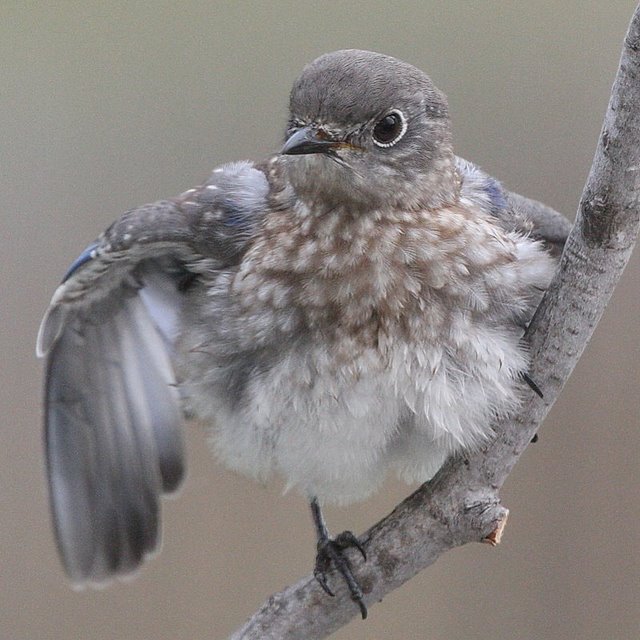I grew up in a small town in Wyoming. About the only thing it had going for it from my perspective was the amazing Carnegie library downtown. It was a multipurpose space– library with books, space for small concerts, host to various children’s activities (especially in the summer).
I loved the weekly treks to the library. My mom would load us in the car and I would gleefully (with the enthusiastic assistance of the children’s librarian) fill my bag with the 20 books allowed and return home to devour them. The library and the church were the two most important buildings during my childhood.
School, not so much (for many reasons, the most ironic being I was already a fluent reader when I started first grade but my teacher insisted I had to ‘learn’ her way).
I loved the library because the adults there shared my passion for books and never told me I had to like certain books or that I shouldn’t read above my grade level or put any limit on me other than a total book limit and the instruction to take care of the books. The library was my first experience in the idea of a shared community resource that everyone can use but that everyone should do their part to take care of. I still remember taking a deep breath of book scented air every time we walked through the doors.
I loved church for a similar reason. I don’t remember a time when I wasn’t a full communicant in the church. I was recruited to be an acolyte when I was 9 and served (with a brief hiatus because the new priest didn’t believe in acolytes – my first protest letter was written to him) until I left for college. It was the other place in my life were I felt affirmed as a person, where I was actively recruited to develop leadership skills, and where I was encouraged in my participation in the church.
As an adult, my relationship with both institutions has changed. We have a library just up the street from us, but most of my interactions with it are via it’s website. I hop on-line, look up the book or audio that I want and frequently end up downloading the content to read on my computer, or listen to through their audiobook app. I go in person to pay fines and to pick up books from the on hold shelf (which I check out at a self-service kiosk). I rarely interact in person with a librarian. As for church, I burned out years ago on having a relationship with a specific congregation for many reasons, some of which I have written about before in detail. However, I still interact with the church on-line. I write reflections, I read the lectionary, I meditate on the nature of god, forgiveness, good and evil, death, the nature of prayer, and the afterlife.
A part of me mourns the loss of my childhood intimacy with both libraries and churches. It was wonderful being surrounded by people who believed in my potential and who actively encouraged me to become who I am today.
Upon reflection, I think it is just a normal function of growing up. It is the job of adults and children’s librarians to focus on the development of children; to surround them with love and teach them the tools to be able to function in the adult world (where, if we are lucky in our health, we will spend most of our lives); and to give them a safe space to practice for adult-hood.
When I was a fledging adult, I wanted nothing more than to free myself from the oversight of adults– I wanted to be an adult. I was excited to be out in the world and ready to leave the restrictions of childhood behind.
Now that I am a full-time adult, with a fledging of my own, I can only hope that I did my part of the job in this cycle. I poured my love and energy into his school. I helped his teachers, encouraged his interests, and taught him as much as I could about being a functioning adult. Now he teases me about starting college, getting his drivers license, and leaving home. We have a two more years but he is starting to pull free– which is as it should be
It just occasionally makes me yearn for the kindly librarian filling my bag with books or the priest walking me through how to serve as an acolyte.
I am haunted by the smell of stacks of books and the scent of burning beeswax.
And I realize that there are worse ghosts to have.
Kristin Fontaine is an itinerant Episcopalian, crafter, hobbyist, and unstoppable organizer of everything. She spends a lot of time thinking about the meaning of life and her relationship to God and it all spills out in the essays she writes. She and her husband run Dailey Data Group, a statistical consulting company.

